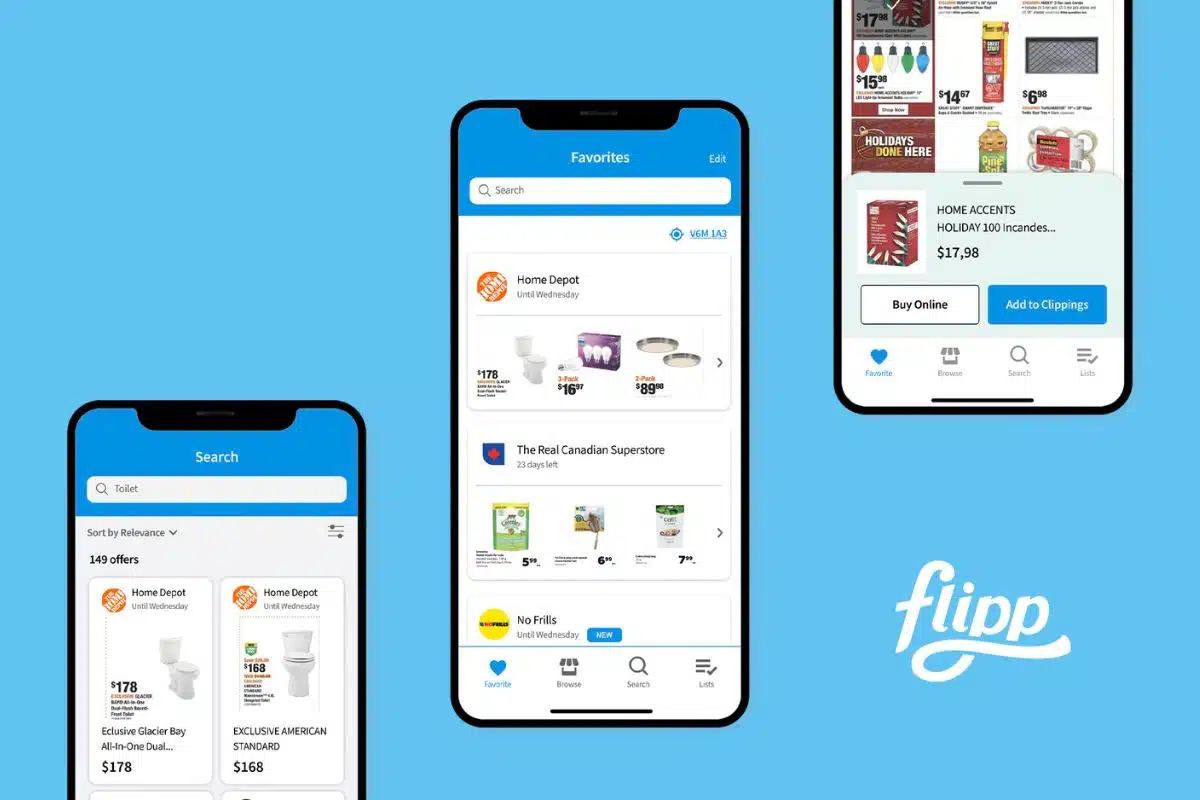Stop Overspending: 7 Grocery Hacks That Work
Groceries are one of the biggest recurring expenses in most households, but a few simple strategies can help you stretch your budget further. With smarter shopping habits, you can cut costs without sacrificing quality or nutrition. Here are seven practical grocery shopping tips that will help you save money every time you head to the store.
Make a List and Stick to It

Impulse buys quickly add up, so planning ahead makes a huge difference. Write down everything you need for meals and snacks, and resist the urge to toss in extras as you shop. A clear list keeps your cart—and your wallet—on track.
Shop Sales and Use Store Loyalty Programs

Weekly sales and discounts can slash your grocery bill if you plan around them. Many stores also offer loyalty cards with extra savings, coupons, or cash-back rewards. A few minutes of checking deals before you go can pay off in big ways.
Buy Generic or Store Brands

Generic products often taste just as good as name brands but cost significantly less. From pantry staples to cleaning products, choosing store brands can lead to consistent savings. Try a few swaps—you may not notice the difference.
Don’t Shop Hungry

It may sound simple, but shopping on an empty stomach can lead to overspending on snacks and extras. Eating before you go makes it easier to make logical choices instead of emotional ones. A full stomach helps keep your cart focused on essentials.
Buy in Bulk—When It Makes Sense

Large packs of pantry staples, frozen foods, or household items often have a lower cost per unit. Just make sure you’ll actually use them before they expire. Smart bulk buying prevents waste while saving money in the long run.
Compare Price Per Unit

The biggest package isn’t always the best deal. Check the price per ounce, pound, or item on the shelf tag to find the true value. This small habit ensures you get the most for your money every time.
Limit Pre-Packaged and Convenience Foods

Pre-cut fruits, shredded cheese, and ready-made meals may save time, but they cost more. Buying whole ingredients and prepping them yourself can cut costs dramatically. A little extra effort in the kitchen leads to long-term savings.
This post may contain affiliate links or sponsored content. Disclosure Policy







